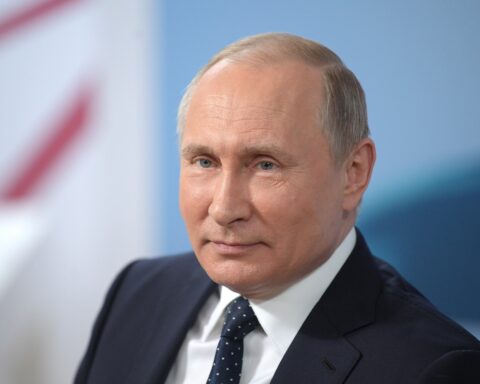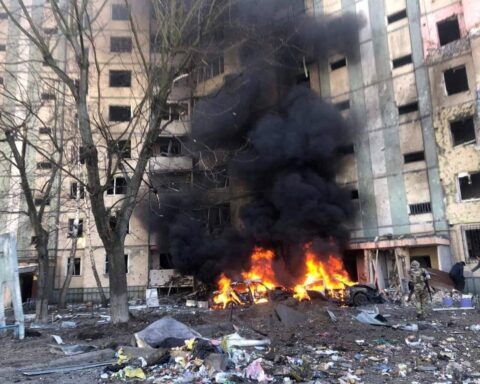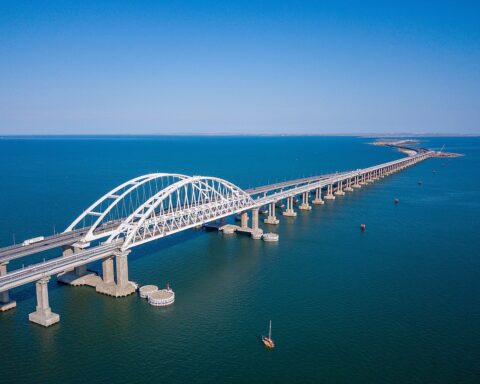LONDON (Parliament Politics Magazine): Ever tried solving a riddle which has numerous clues missing?
The situation is identical to Kremlin politics.
To say the least, figuring out what Vladimir Putin is thinking and planning is difficult. That is the Kremlin’s preference: keeping everyone riddled.
What is Putin’s strategy for Ukraine? Is Moscow gearing up for a full-fledged invasion? Is it possible to have a more limited operation? Is the rattling of sabres just brinkmanship, or forceful diplomacy (at its most coercive)?
The geopolitical puzzle is unfinished.
In the West, the bits of the riddle we do have are raising concern:
- The tens of thousands of Russian troops stationed near Ukraine’s border
- The series of military drills Moscow has conducted on land and at sea
- Military drills between Belarus and Russia are scheduled to take place in the near future.
- The Kremlin was making demands it knew the US would turn down (like a ban on Ukraine becoming a Nato member, an end to Nato military activity in East Europe)
- Ukrainians and Russians are “one people, a single whole,” according to President Putin.
Moscow’s security demands have finally received a written response from Washington. The Kremlin has stated that it will study America’s response.
In public, Russian leaders claim that NATO is a threat to their country’s security.
Only 6% of Russia’s borders go via Nato countries; the Kremlin enjoys strong relations with several Nato members, such as Italy and Hungary, and has even sold weapons equipment to Turkey.
Remember that NATO (in the form of Norway) has been on the Russian border for almost 70 years.
Furthermore, there is no indication that Ukraine, Georgia, or other former Soviet republics would be admitted to Nato in the near future.
What is the Kremlin’s obsession with the Nato alliance?
Partly for domestic purposes, such as rallying the Russian people against an ostensible external foe.
But it may also be used as a reason to change the European security system in Moscow’s favour; to re-establish Russia’s influence and attempt to rewrite the Cold War’s outcomes.
“According to the director general of the Russian International Affairs Council, a government-linked research group Andrei Kortunov, “Putin is of the belief that the West took advantage of Russia’s weakness in the 1990s, that Russia was not treated properly, and that it did not receive what it deserved. He’d like to fix it.
His reasoning is straightforward. The balance of power has shifted, and the world is no longer centred on the West. You should pay attention to them and consider their issues.






